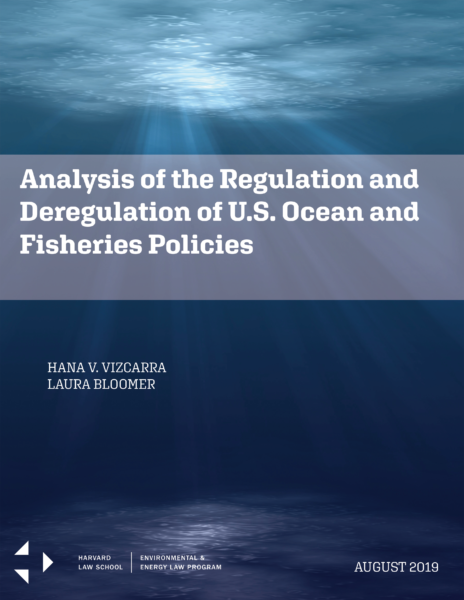Below is a brief description of our white paper, download the full text here.
While changes in political leadership affect US ocean and coastal management strategies, the trajectory of US policy over time has been to advance comprehensive consideration of the interconnected ecological ocean system in international and domestic ocean management. Domestically, regional planning and protective approaches have helped regulators balance multiple, often conflicting uses that can affect ecosystem resilience.
However, US wariness of multi-lateral international agreements challenges environmentally-conscious ocean management goals. Recent domestic ocean policies emphasize fossil energy development over conservation and sustainability concerns. Proposals regarding offshore resource development as well as deregulatory efforts could impact ocean resources and have repercussions in international fora.
Policies and actions in areas crucial to the management of ocean and coastal areas reveal a pattern of prioritizing economic interests and energy development over conservation and protection. On issues not directly tied to climate and not thought to hinder US energy industry development, this administration has exhibited a degree of continuity in position with the prior administration—such as on illegal, unreported, and unregulated (IUU) fishing and signing of an agreement preemptively barring fishing in the Central Arctic Ocean. However, the themes exhibited at the domestic level are beginning to reflect on the international stage and to shift the dialogue with the EU and other partners.
In our new white paper, we review the legal and regulatory framework supporting US coastal and ocean management, and describe changes under the current administration. We focus on policy topics prioritized under the current and most recent administrations and assess the state of play of the ongoing deregulation process.
We produced this paper with the financial support of the European Union to benefit the transatlantic dialogue through an improved understanding of US ocean law and policy.
